I am working with C++11's random library, and I have a small program that generates a coordinate pair x, y on a circle with unit radius. Here is the simple multithreaded program
#include <iostream>
#include <fstream>
#include <random>
using namespace std;
int main()
{
const double PI = 3.1415;
double angle, radius, X, Y;
int i;
vector<double> finalPositionX, finalPositionY;
#pragma omp parallel
{
vector <double> positionX, positionY;
mt19937 engine(0);
uniform_real_distribution<> uniform(0, 1);
normal_distribution<double> normal(0, 1);
#pragma omp for private(angle, radius, X, Y)
for(i=0; i<1000000; ++i)
{
angle = uniform(engine)*2.0*PI;
radius = sqrt(uniform(engine));
X = radius*cos(angle);
Y = radius*sin(angle);
positionX.push_back(X);
positionY.push_back(Y);
}
#pragma omp barrier
#pragma omp critical
finalPositionX.insert(finalPositionX.end(), positionX.begin(), positionX.end());
finalPositionY.insert(finalPositionY.end(), positionY.begin(), positionY.end());
}
ofstream output_data("positions.txt", ios::out);
output_data.precision(9);
for(unsigned long long temp_var=0; temp_var<(unsigned long long)finalPositionX.size(); temp_var++)
{
output_data << finalPositionX[temp_var]
<< "\t\t\t\t"
<< finalPositionY[temp_var]
<< "\n";
}
output_data.close();
return 0;
}
Question: Many of the x-coordinates appear twice (same with y-coordinates). I don't understand this, since the period of the mt19937 is much longer than 1.000.000. Does anyone have an idea of what is wrong here?
Note: I get the same behavior when I don't multithread the application, so the problem is not related to wrong multithreading.
EDIT As pointed out in one of the answers, I shouldn't use the same seed for both threads - but that is an error I made when formulating this question, in my real program I seem the threads differently.

